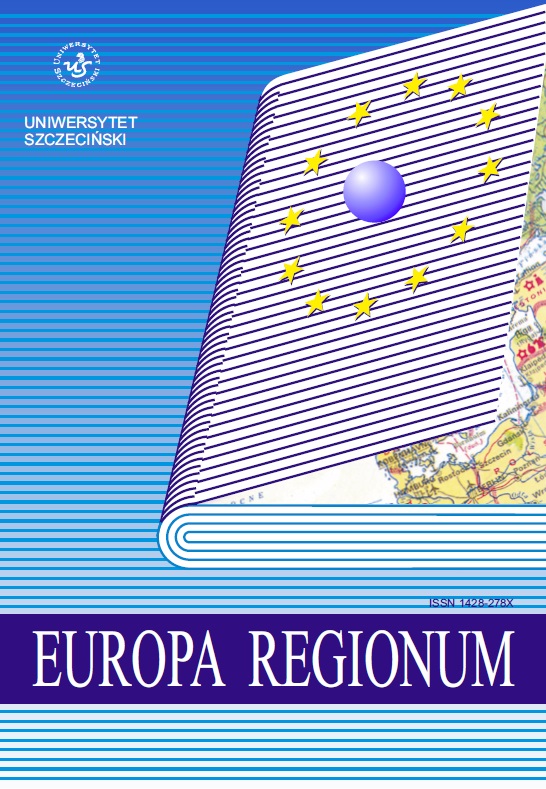Klaster jako forma współpracy w turystyce
Cluster as a form of cooperation in tourism
Author(s): Ewa SkowronekSubject(s): Economy, Tourism
Published by: Wydawnictwo Naukowe Uniwersytetu Szczecińskiego
Summary/Abstract: Over the last decades tourism has gained much more importance as an economic sector. The rapid growth has brought about increasing demand on tourism products and services. Moreover, this market trend is accompanied by the change of the contemporary tourist’s profile. They have become highly demanding clients with increasingly wider knowledge about the world, more interests, requirements and expectations. This triggers a need to add some innovative and interesting forms and types of tourism to the currently offered scope of services. Satisfying the tourists’ needs and expectations requires from the tourism services providers not only the professional experience and specialization in their field, but also flexibility, which is not easy to achieve. It very often results in the inevitable cooperation with other entities, including the competitors. Clusters seem to be a proper form of such cooperation. Based on the experience of other countries, clusters have proven to have a great influence on improving the regional competitiveness and consequently boosting the growth. The aim of this article is to describe the role of clusters in Polish tourism over the last years. The cluster is presented as a tool of cooperation in tourism and discussed in terms of its attributes, structure, tasks and platforms of cooperation. Tourism is introduced as a sector open to an effective use of the potential of clusters. Furthermore, internal and external advantages of the existence of tourism clusters were mentioned as well as the barriers hindering their creation and functioning. There is also the data regarding the number of clusters and cluster initiatives in Poland including the assessment of their activities.
Journal: Europa Regionum
- Issue Year: 2015
- Issue No: 24
- Page Range: 129-140
- Page Count: 12
- Language: Polish

